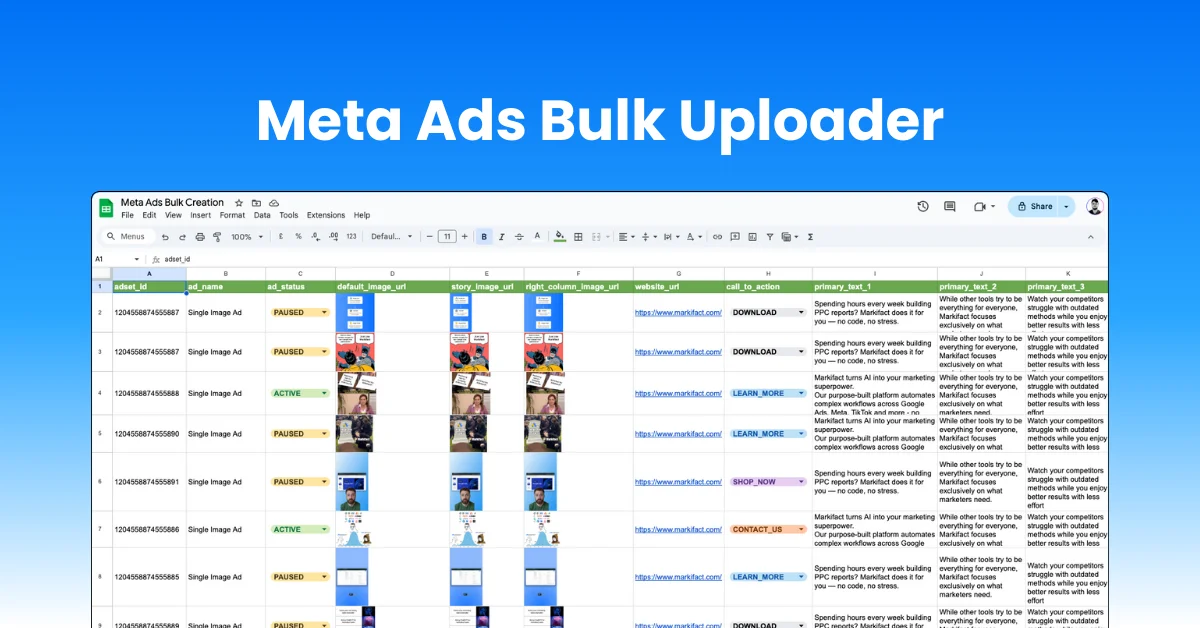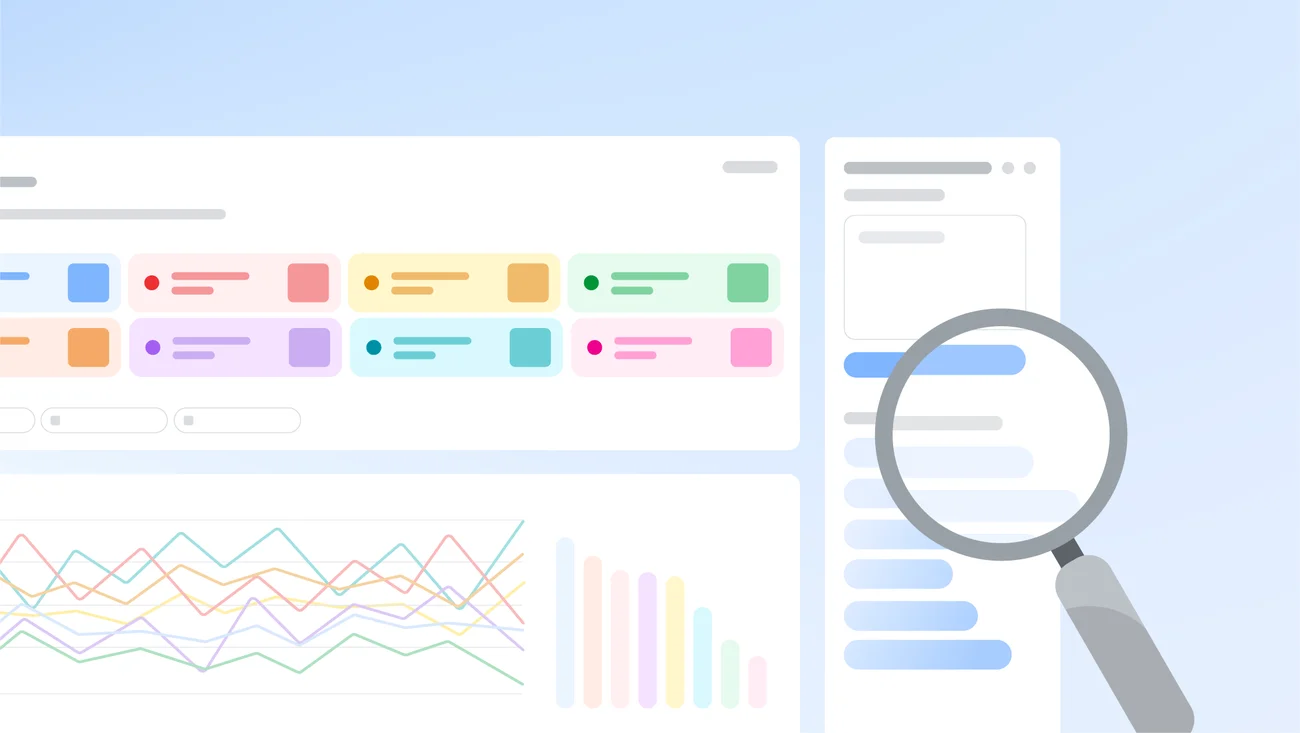Google's vice president of search, Liz Reid, addressed employees at an all-hands meeting, emphasizing that while mistakes in AI products are inevitable, the company should continue to push forward and address issues as they arise. Reid highlighted the importance of taking risks thoughtfully and acting with urgency to fix problems when they are discovered.
Key Points
AI Mistakes and Risk-Taking: Reid acknowledged that Google won't always catch every mistake in its AI products but stressed the need to take risks and fix issues as they come up. She emphasized the importance of not holding back features due to potential problems.
Recent Criticisms: Google faced criticism for its AI Overview tool, which provided nonsensical answers to users. Despite extensive testing, some errors slipped through, leading to public embarrassment. Reid noted that the company has made technical improvements to address these issues.
Market Competition: Google's push to integrate AI into its search products is partly driven by competition from OpenAI and Microsoft. The rapid development of chatbots and AI tools has created a highly competitive environment.
AI Overview Tool Issues: The AI Overview tool, which summarizes answers to queries, faced backlash for returning inaccurate and bizarre results. Google has since limited user-generated content and health advice to mitigate these issues.
Red Teaming and Testing: Reid mentioned that Google conducts extensive testing, including "red teaming," to find vulnerabilities before they are exploited. However, she admitted that more testing is always needed.
Employee Involvement: Reid thanked employees for their efforts in correcting issues and encouraged them to continue reporting bugs. She emphasized the importance of employee feedback in improving AI products.
Specific Incidents
False Statements: The AI Overview tool provided false information, such as claiming Barack Obama was America's first Muslim president and suggesting users eat rocks or put glue on pizza.
AI Chatbot Bard: Google faced criticism for the rushed launch of its AI chatbot Bard, now called Gemini, which had accuracy issues and was seen as a response to Microsoft's timeline.
Gemini Image Generation Tool: Google had to pause the rollout of its AI-powered Gemini image generation tool due to historical inaccuracies and questionable responses.
Conclusion
Reid's comments reflect Google's evolving stance on AI product development, where the focus is on rapid iteration and fixing issues as they arise rather than holding back due to potential mistakes. This approach aims to keep Google competitive in the fast-paced AI market while relying on both employee and user feedback to improve product quality.



















